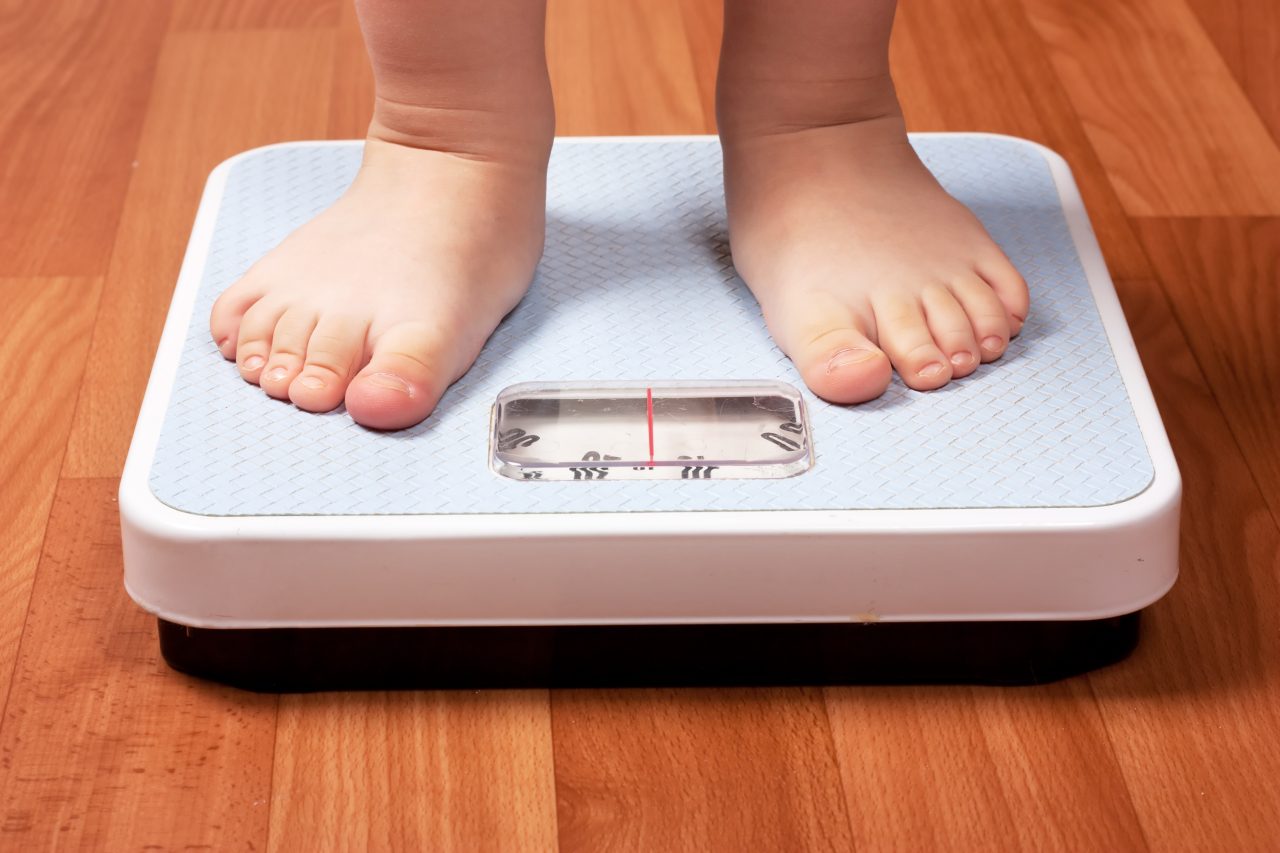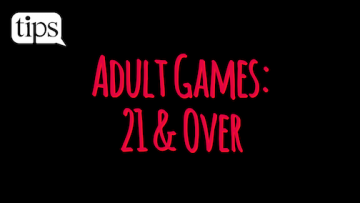Protecting Your Kids From Chronic Disease
Also read: Protecting Their Eyes from Screen Time

For all the dieting and working out (and spending on dieting and working out) our society does, we still have a major problem, and the effects of it are being highlighted every time we turn on the news. Obesity and its oft companion, diabetes, are major risk factors for serious complications and death from coronavirus. The vaccine is not going to take away that risk. I pray this virus “goes away”, but the sad truth is there will always be another contagious illness, and being generally unwell to start will always increase your risk of getting very sick. According to the Valley Health System, almost 20% of children and teens are obese. Obesity isn’t baby fat, chubby or slightly overweight. It is a medical diagnosis defined as having a BMI above the 95% for kids the same age. For adults, it is a BMI above 30, BMI being based on your height and weight.
If you know your child is overweight and/or your family history puts them at risk, consider making an appointment now at Valley’s Healthy LifeWays. It is their center for pediatric wellness and weight management. I’ve met the director Dr. Sherry Sakowitz-Sukkar, and she is a wonderfully kind person and very good at what she does.
If your child is not overweight, unfortunately you are not off the hook. The majority of obese adults were not obese children. What we teach our children about their relationship with food is as important as anything else we do. I think we are all seeing that now. I want to wipe my hands of any responsibility when they graduate college, move south and sip Gin and Tonics too, but the truth is, how they live their childhood will be very much how they live their life. Not to add to the already immense pressure you are under, but what we do now will directly impact their health later.
The advice Dr. Sakowitz-Sukkar offers to her patients will serve every family well:
- The whole family should adopt a healthy lifestyle.
- The focus should never be on dieting, and it should always be on good nutrition.
- It is not about how you look, it is about how you feel.
And, from my personal experience, I’d like to add a few more.
- Never use food as a reward or punishment.
- Don’t give food power.
- Pack lunches and plate dinners with portion control and not endless options in mind.
- Avoid sugary snacking, and put healthy options where kids can see them.
- Teach kids to eat when they are hungry.
- Don’t force feed.
We are evolutionarily predisposed to want to feed our kids and to feel better when they are eating. It was how we survived when survival was fragile. Now, this same instinct is working against our survival. You are not a bad parent if you don’t offer food at every moment and you limit choices. It is our responsibility to ensure our kids grow up with better habits, and a healthy relationship with food will be a gift in their adult life. Buy more apples. Stay strong;)
Learning at Home: How to Protect Their Eyes During Screen Time

Tech Gifts for Everyone on Your List

30+ Ideas for Your Elf on the Shelf

Adult Games for the 21 and Over Crowd


UNPLUG: Our 25+ Favorite Family Games





















